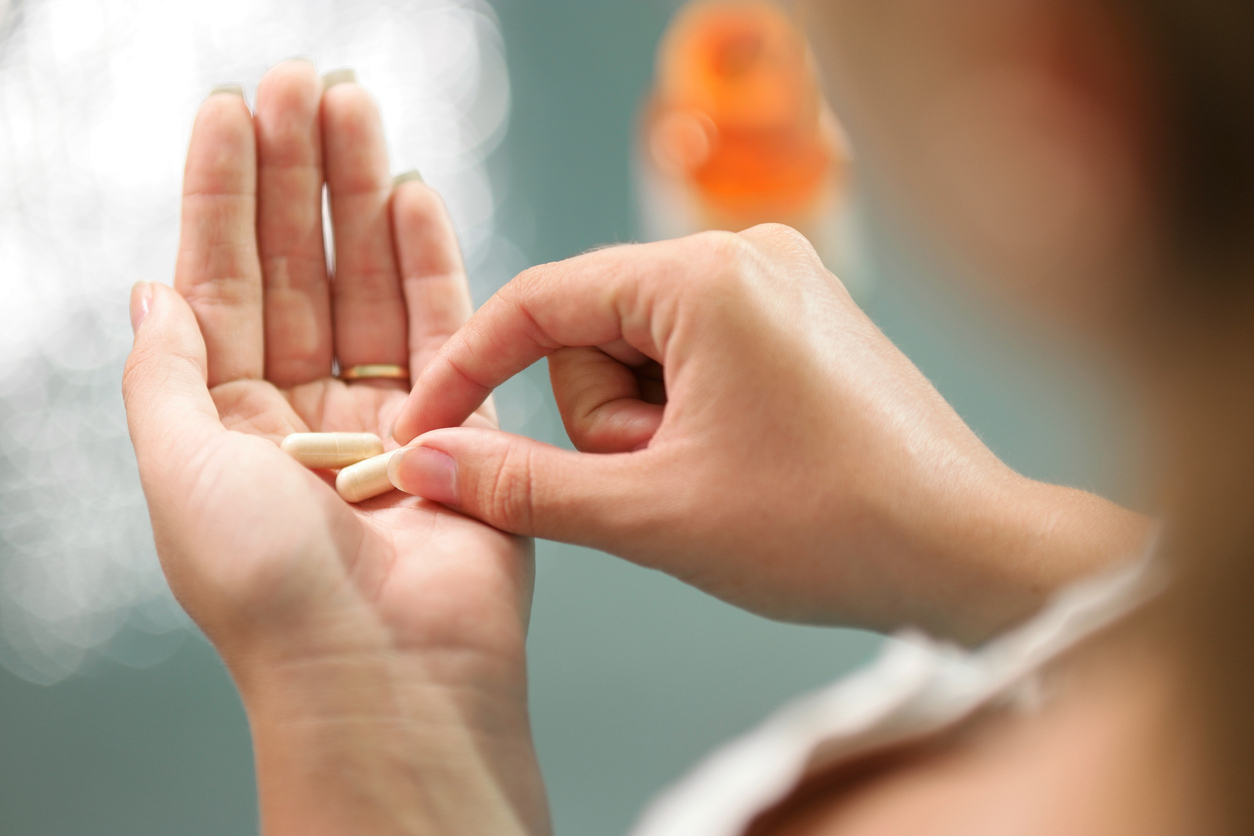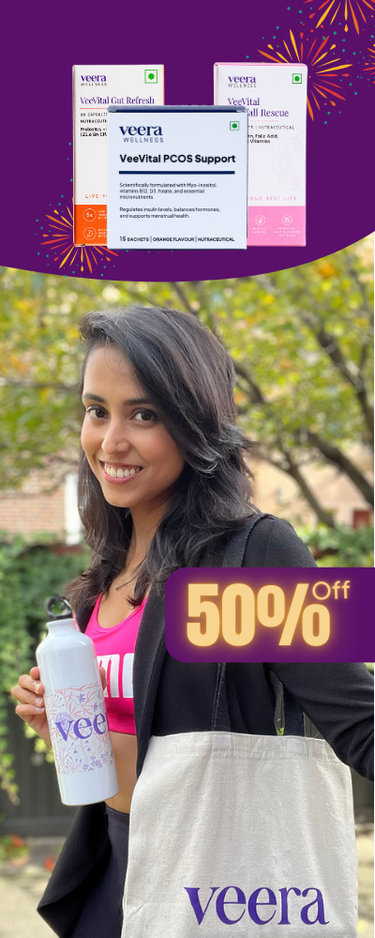When starting out your PCOS treatment regimen, making lifestyle changes has shown to be a critical step in managing PCOS symptoms successfully. However, some women with PCOS may need medications in addition to making lifestyle changes.
Although there are many myths surrounding the use of contraceptive pills such as weight gain, risk of infertility and developing cancer — the truth is there is no scientific evidence to support any of these. In fact, birth control pills not only help manage PCOS symptoms, they also reduce the risk of developing uterine cancer and is an easily reversible method of birth control if you’re wanting to get pregnant.
Hormonal Treatment for PCOS
Now if you’ve not used a birth control pill before, it can be quite challenging to find the right one. Although it is important to discuss with your doctor and work towards choosing the right one for you — primarily there are two kinds of birth control pills:
1. Combination pills aka combined oral contraceptive pill
As the name suggests combined hormonal contraceptives contain both oestrogen and progestin and are considered the first-line treatment for managing PCOS symptoms. Most combination birth control pills contain 10 to 35 micrograms of ethinyl estradiol which is a kind of oestrogen. Women who are sensitive to hormones may even benefit from taking a lower dose of pill i.e. lower oestrogen content. However, low-dose pills may result in more breakthrough bleeding (spotting between periods) than higher dose pills.
How it works
As the name suggests combined hormonal contraceptives contain both oestrogen and progestin and are considered the first-line treatment for managing PCOS symptoms. Most combination birth control pills contain 10 to 35 micrograms of ethinyl estradiol which is a kind of oestrogen. Women who are sensitive to hormones may even benefit from taking a lower dose of pill i.e. lower oestrogen content. However, low-dose pills may result in more breakthrough bleeding (spotting between periods) than higher dose pills.
2. Progestin-only pill aka mini pills
In cases where a woman cannot take oestrogen due to certain health conditions or experience side effects from combination pills, your doctor may prescribe progestin-only pill or mini pill. As the name suggests, it only contains progestin and no oestrogen. However, women with PCOS are rarely put on progestin-only pills because they tend to have a lot of breakthrough bleeding. Often, cyclic progestin (daily for 10 days) is given every other month or so in order to trigger withdrawal bleeding, and keep the uterine lining healthy.
How it works
In cases where a woman cannot take oestrogen due to certain health conditions or experience side effects from combination pills, your doctor may prescribe progestin-only pill or mini pill. As the name suggests, it only contains progestin and no oestrogen. However, women with PCOS are rarely put on progestin-only pills because they tend to have a lot of breakthrough bleeding. Often, cyclic progestin (daily for 10 days) is given every other month or so in order to trigger withdrawal bleeding, and keep the uterine lining healthy.
Contraceptive pills should be used with care especially if you have conditions such as high blood pressure or blood clots or are a smoker. Regardless of the side effects, contraceptive pills have multiple benefits in reducing the severity of symptoms of PCOS.
Birth control pills require prescription and cannot be bought over-the-counter. So it is important to speak to your doctor who can help choose the right kind of contraceptive pill and adjust the dose. However, it is also important to not skip your pills and take them regularly at the same time to maintain its effectiveness.
Lastly, birth control pills only help manage PCOS symptoms and prevent unwanted pregnancy but it does not offer any protection from sexually transmitted diseases. So always use protection while having intercourse to maintain good sexual health.
Disclaimer: Content on Veera is provided for informational purposes only and is not intended as medical advice, or as a substitute for medical advice given by a physician





















